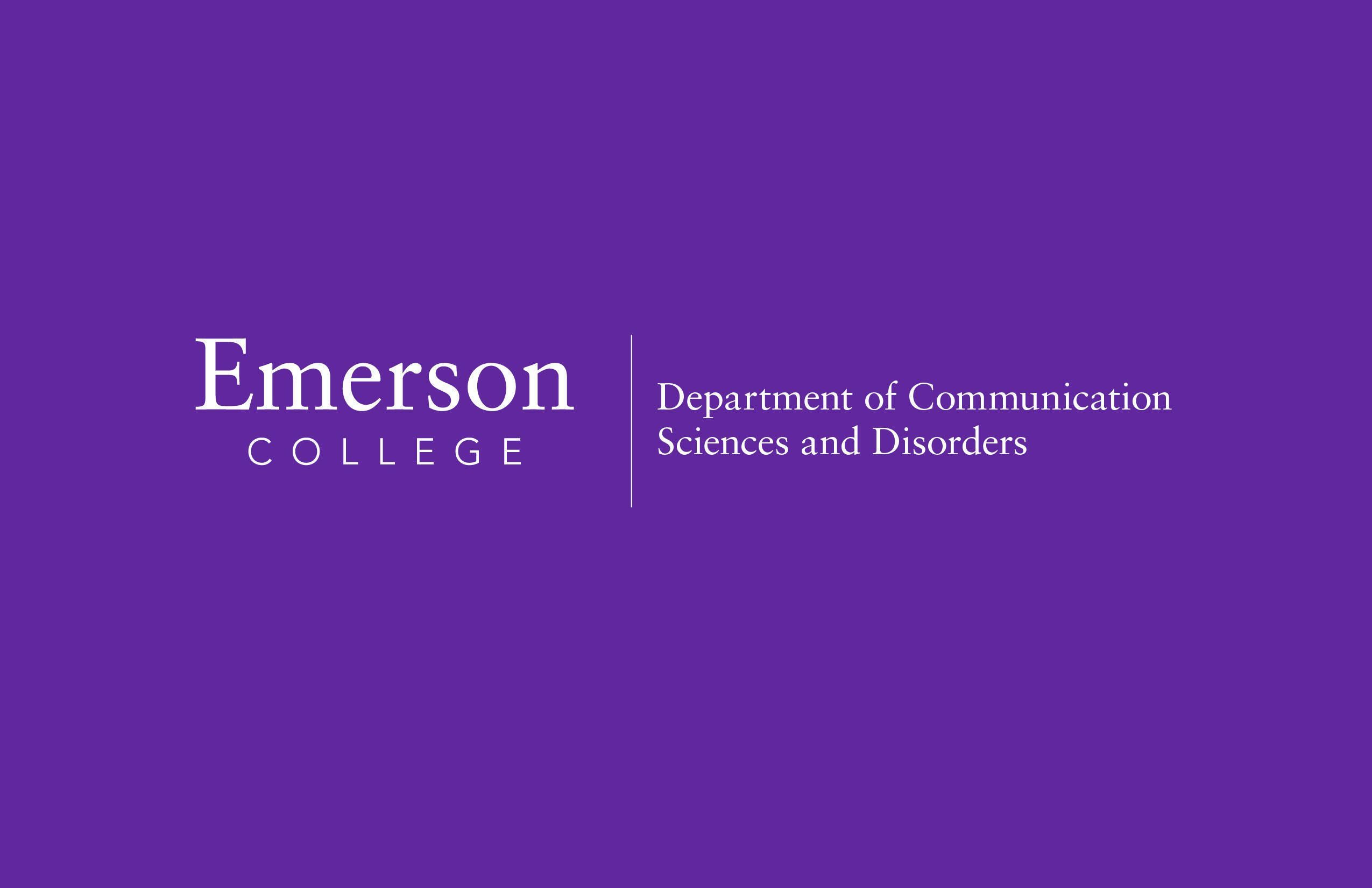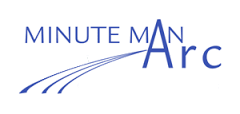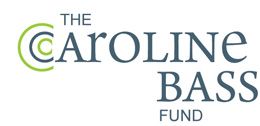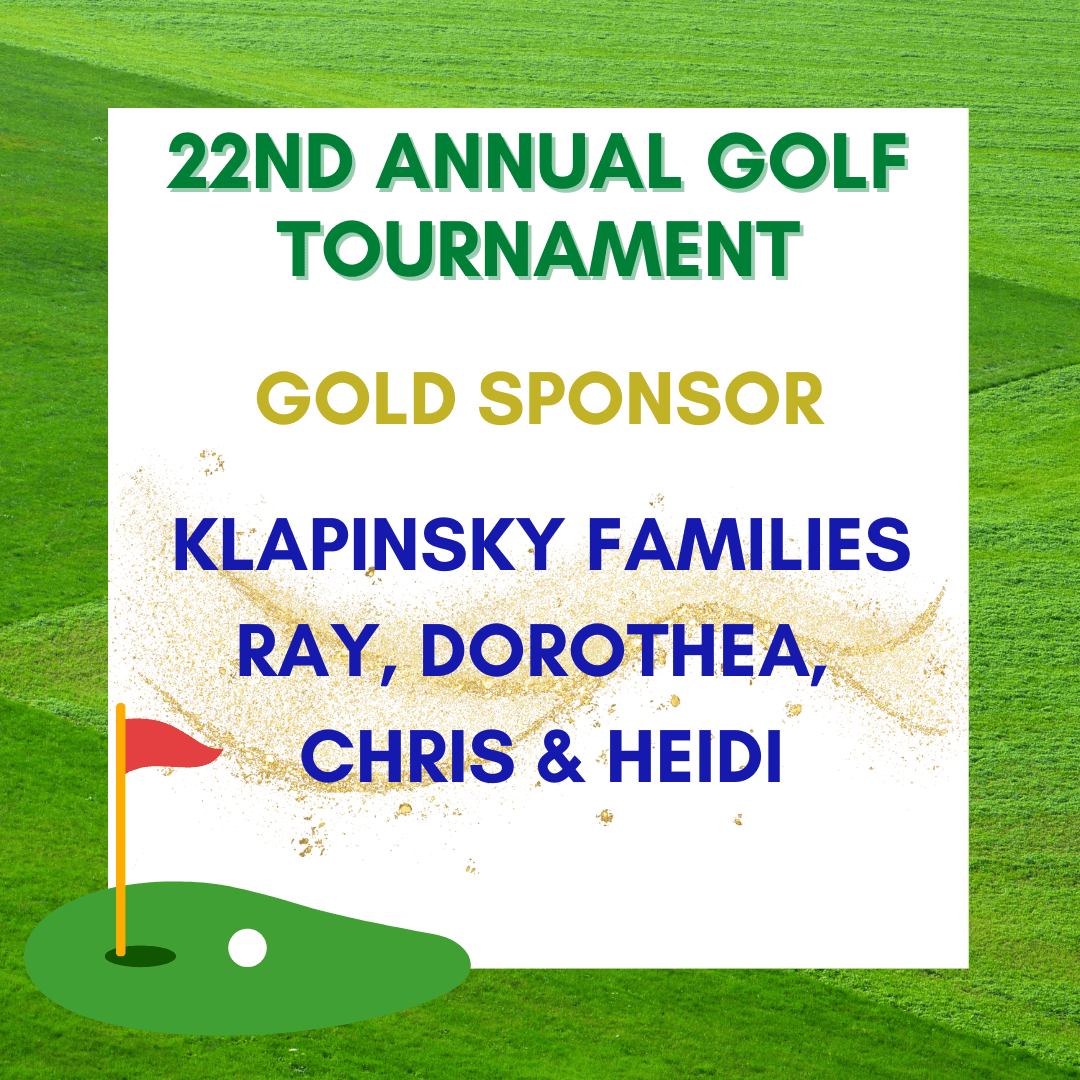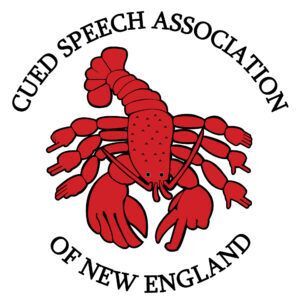#MakeWavesWithDecibels is a monthly awareness campaign to highlight some of the Wavemakers of the D/HH community - past, present, and future. To nominate someone to be our Wavemaker of the Month, please send email to info@decibelsfoundation.org.
Wavemakers in the D/HH Community
March 2021 Wavemaker - Cherisse Jones-Branch, Ph.D
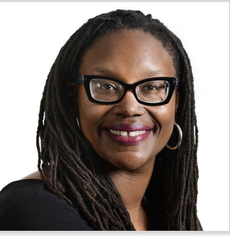
For the month of March, Decibels Foundation had the opportunity to chat with Dr. Cherisse Jones-Branch. She is an exceptional scholar and we are extremely delighted for her to share her experience and words of wisdom. Thanks so much, Dr. Cherisse. We appreciate all you do! Enjoy her interview with us.
Please tell us your name and your journey with hearing loss, and what type of hearing loss do you have?
My name is Cherisse Jones-Branch, Ph.D., Dean of the Graduate School and James and Wanda Lee Vaughn Endowed Professor of History at Arkansas State University. In 2018 I suffered a complete loss of hearing in my right ear as a result of an illness and exposure to loud noises when I was in the Persian Gulf War thirty years ago.
Has your experience with hearing loss empowered you?
Yes, it has. I’ve become more of an advocate for those who have suffered from hearing loss. And, when I am speaking with someone, and I don’t quite understand what they’re saying, I have no shame in telling them that I am hearing impaired and I need them to either speak up or enunciate their words.
Have you experienced bias based on your hearing loss, and how do you respond?
On occasion, I have been in situations where people have dismissed me after I inform them that I am hearing impaired and can’t understand what they’re saying. I usually tell them again that I am hearing impaired and that others may be as well. It’s really important for people to know that not all disabilities are visible.
What do you want people to know about the hearing loss community?
That we’re just like everyone else except that we have to work a little harder to hear and that there is no shame in being hearing impaired. Also, the current hearing aid technology, while it is costly, is fabulous. My hearing aid has Bluetooth technology and is fleshed-colored! I also want people to know that you don’t hear with your ears; you hear with your brain. We/I don’t need you to yell at us, but we do need you to face us when you speak.
What can people do to be more supportive and better allies? As friends? In professional settings?
Learn about what it means to suffer hearing loss. Don’t assume that only older people have hearing loss. In virtual settings, closed captioning is wonderfully helpful. Enunciate your words, don’t yell at us. We understand more than you think, and we can often figure out what you say based on the context. We just need a little help at times. And when in doubt, please refer to the following:
Would you like to provide a word of encouragement for those who live with hearing loss?
You can live a perfectly happy and productive life with hearing loss. The hearing aid and medical technology continues to evolve in ways that were unimaginable thirty years ago. And again, in the 21st century, there is no shame in being hearing impaired or having a hearing loss.
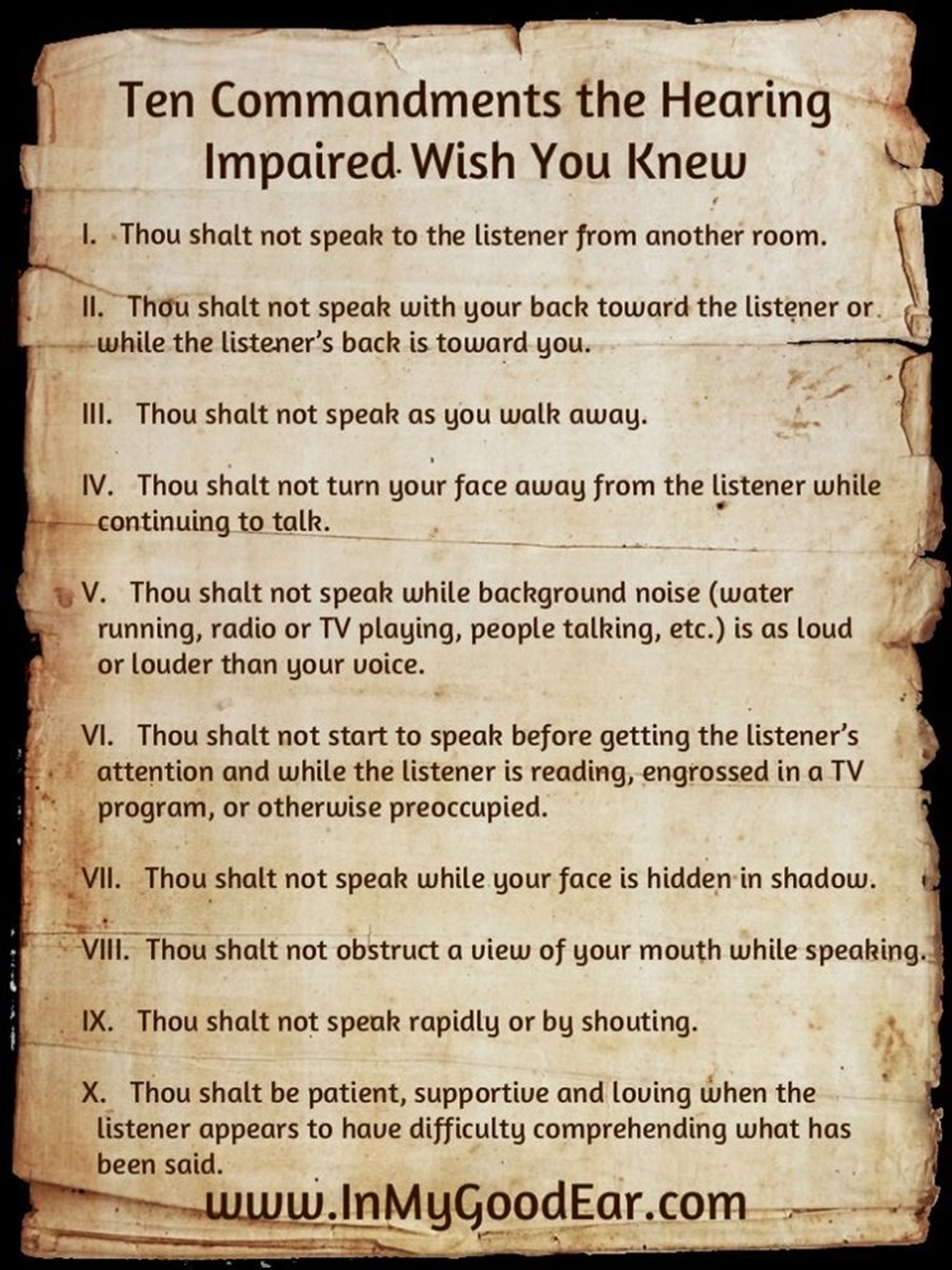
February 2021 Wavemaker - Latisha M. Porter-Vaughn
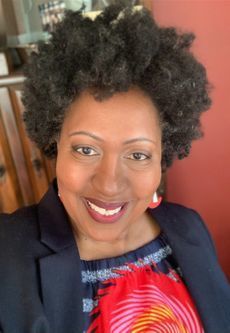
With February being Black History month, it is important not to forget that Black History is American History. In honor of Black History month and starting off our Community Spotlight series. The Decibels Foundation had an opportunity to chat with Latisha. We are excited to celebrate Black History Month by honoring the amazing Latisha M. Porter-Vaughn’s journey with hearing loss and her contribution to the deaf/hard of hearing community. Please enjoy this incredible interview. Thanks, Latisha, for sharing your inspiring journey!
Please tell us your name and your journey with hearing loss, and what type of hearing loss do you have?
My name is Latisha M. Porter-Vaughn, but my friends and most people call me Tish.
I was first diagnosed with progressive hearing loss in 1986, a few years after high school, when I was 19 years old. I moved from Ohio to New Jersey to live with my oldest sister. Immediately, she knew I did not hear well. I grew up in the 70s, and although the school system detected I wasn't hearing well, had me take hearing tests, and had my dad schedule me to see an audiologist, my hearing loss still remained undiagnosed. My mother passed away when I was 6 weeks old. My dad and grandmother raised me, who both have hearing loss, and they believed I had normal hearing.
I had a very active life as a young child; my sisters, Aunts, family, friends, the community, and church dedicated and poured effortless love into my life. I was a stage performer participating in talent shows, pageants, the girls' assembly, youth programs, and many more. I always had a high level of self-confidence. I believed in chasing my dreams. I chose a 4-year intensive office education program in high school because I knew I would struggle in college. I didn't know why, but I knew something was wrong due to my struggling with my academics from the 4th grade until I graduated from high school.
When I had my hearing testing in 1986 and found out that I have progressive hearing loss meaning that my hearing loss would continue to decline, the journey began to live with hearing loss and understand it. The audiologist explained that I always needed a hearing aid, why I scored poorly on audiometry evaluations.
Naturally, my goal was to work in an office and climb up the ladder. I accomplished the first part but not the latter. I received poor performance evaluations for each office job, and each was because of my hearing loss. I struggled to hear different sounds, pitches, or frequencies. Also, I had read lips all my life, missed out on what was happening with my favorite shows, movies, music, live performances, lectures, and so on. He stated that I would need hearing aids. I cried, was shattered and not broken. During that day at the audiologist in South Orange, my sister was with me, and she told me, "Tish, you will get the hearing aids, wear them, and live well." Although my sister encouraged me, I remembered that my dad, grandmother, and Aunt always wore hearing aids, and they didn't allow it to stop them from living.
I faced many challenges in the workplace: for example, not recording accurate telephone messages and tasks. It took many years for me to understand hearing loss and how it impacted my professional and social life. But, I was determined to learn and succeed.
How has your experience with hearing loss empowered you?
I've been excluded, not given opportunities like my cohorts, told I'm incompetent, too sensitive, and have a bad attitude. For all the naysayers, I said, "Watch me" My Faith in God, Perseverance, determination, hard work, and persistence continue to push me through every twist, path, and turn. I will never give up while knowing my story could be a life jacket for someone else. "courage is grace under fire."
Have you or do you experience bias, and how do you respond?
Yes, due to the attitudes or stereotypes that affect our understanding, actions, and decisions in an unconscious manner. Hearing loss is invisible and hard to understand. Hearing loss is associated with a]oofoess and snobbery. I get that all the time that I think I'm cute because someone spoke to me, and I didn't hear them. When that happens, I explain that I am hard of hearing and didn't hear them. I practice a high level of emotional intelligence by asserting myself in the other person's shoes.
You are working on your doctorate. What's your research, and how do you plan to use it as an advocate?
Yes, my research is to gain an understanding of how deaf and hard of hearing students attain higher education and use those skills to transition into employment. This is important due to the low rate of deaf and hard of hearing college students persisting to complete higher education. My research may provide some evidence-based strategies to help educators, vocational rehabilitation professionals, agencies, and employers tailor education and accommodations in a way to see more students persist in attaining their education and being successful in professional careers. My goal is to be part of consulting, training, and development.
What do you want people to know about the hearing loss community?
Hearing plays a vital role in how individuals experience, interact with and relate to the people and environment around them. Hearing is sometimes referred to as the "social sense" because of its function in developing and maintaining intimate relationships and social connections with family, friends, coworkers, and acquaintances.
Living with hearing loss or having a loved one with hearing loss, especially when the loss is severe or untreated, has the potential to affect many aspects of everyday life and can be associated with a diminished quality of life.
Awareness, education, and community-based support are central factors in overcoming barriers that prevent people with hearing loss from getting the care and services that they need.
What can people do to be more supportive and better allies?
People can listen to understand. Listening is key to all effective communication. Without the ability to listen effectively, messages are easily misunderstood. As a result, communication breaks down, and a person with hearing loss becomes frustrated, angry, stressed, or irritated. It helps if people communicate with an open heart and mind; in that way, they can understand that a person with hearing loss who explains they read lips means they can't hear all sounds. It's the little attention to details that will help if communication breakdowns happen. Hearing loss is hard conversations that require patience, energy, and work.
We heard you are writing a book. "Sounds of the Heart: The Story of a HearStrong Champion Persisting Against All Odds" funded by the HearStrong Foundation. Can you share more?
I wrote this book to inspire and guide others who face obstacles in life, whatever they may be. In some cases, people have a vast potential within them to explore - a treasure trove of abilities, insights, and beautiful creations -- but haven't been provided with the opportunity to realize and utilize them, especially if they have a disability. In my case, it's hearing loss. Still, the same principles and insight born of experience highlighted in this book can guide anyone who lives with a physical, material, or mental obstacle.
If you have this book in hand or onscreen, my wish is to motivate you to tap into your potential. You can start by stretching beyond limitations and obstacles in creative, dedicated ways. As you'll see when you read my story, that often takes time and devotion, but the payoff is well worth it. You may even enjoy the journey and its obstacles if you perceive life as a thrilling (but sometimes difficult) challenge, rather than something to be endured- or something that happens to you, rather than you guiding it. This book could even show you how to guide your life to your dreams and goals if you feel rudderless.
My story is unique and personal, yet it is universal in that we all struggle with something every day, regardless of age or background. It's part of the human experience. And in this case, in this story, that experience focuses on hearing loss. But whoever you are, and wherever you may be on your path in life as you read it, I hope you will find something of use and value in my own story. I was assisted in telling it by ghostwriter B—Kim Taylor in New York City.
And finally, isn't sharing what makes life so wonderful and enriching? Where would we be if we didn't help one another by sharing our knowledge and resources - parent to child, friend to friend, teacher to student, country to country, and foundations such as HearStrong Visionary Fund to authors and readers. The impetus to share what we know will improve others' lives is one of the most magnificent things about being human. And so, it is with this desire that I give you Hearing for Success: The Story of a HearStrong Champion. I hope it becomes a bookshelf staple at home and in education.
Provide a word of encouragement for those who live with hearing loss?
Understand the empowerment from failing forward. Keep a mental positive attitude, take control of your hearing loss through acceptance, awareness, education, support, and more importantly, never stop believing in you because hearing loss is only an obstacle. It doesn't define the wonderfully made person you are.
What's next for Latisha?
First, I'm thankful to you for honoring me this Black History Month. Thank you for sharing my story.
On April 27, I am a panelist for the NJ Statewide 8th Annual Network for Competence "Building Bridges Breaking Barriers & Cultivating cultural Competencies with diverse-deaf, deaf-blind, and hard of hearing community.
I'm hoping to complete my Ph.D. within the next couple of months. I would like to be a researcher in my field. I plan to continue volunteering my time to HLAA Essex County Chapter, NJ State Association, Span Parenting Advocacy Network, and open to whatever plans God has orchestrated for my life.


